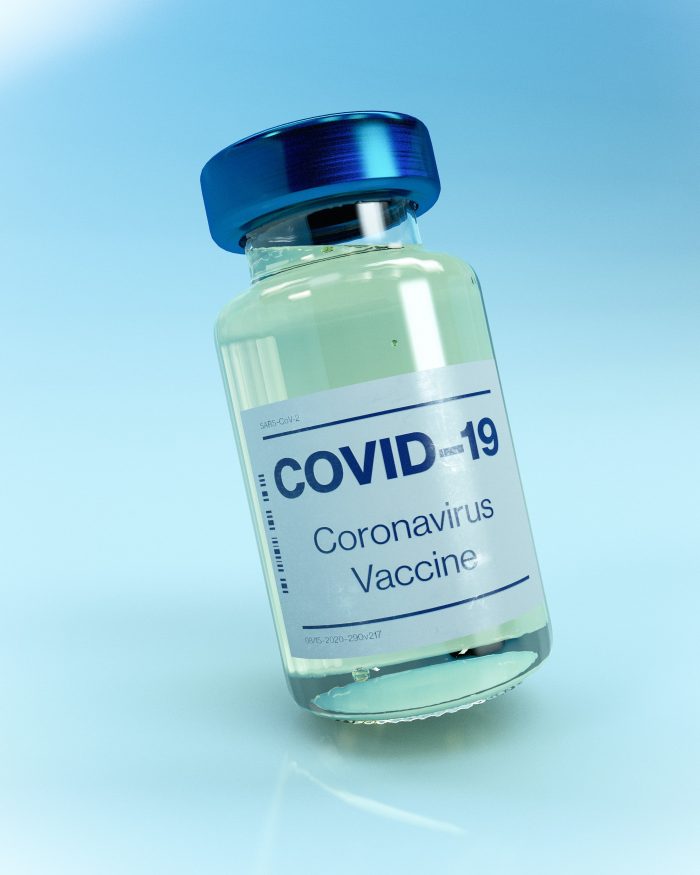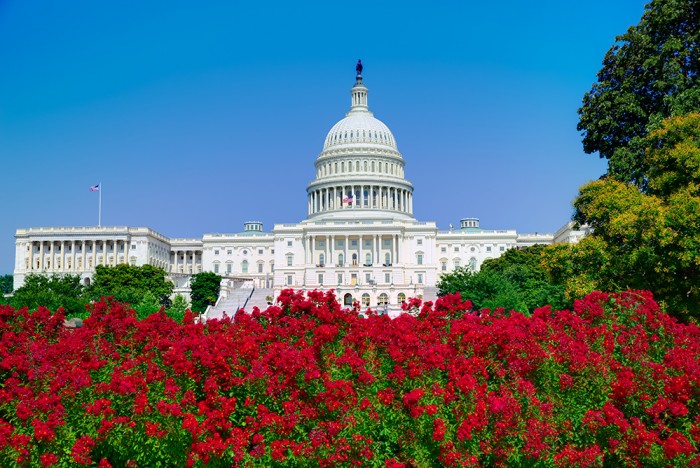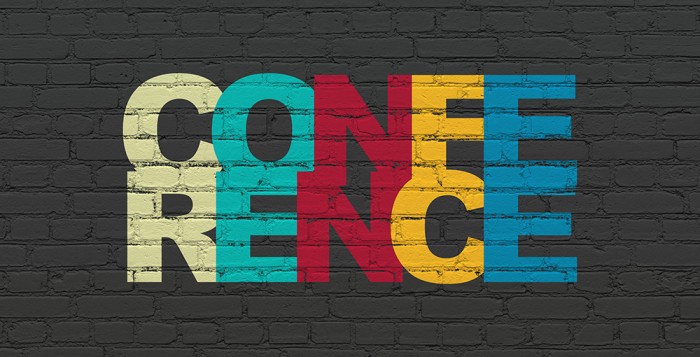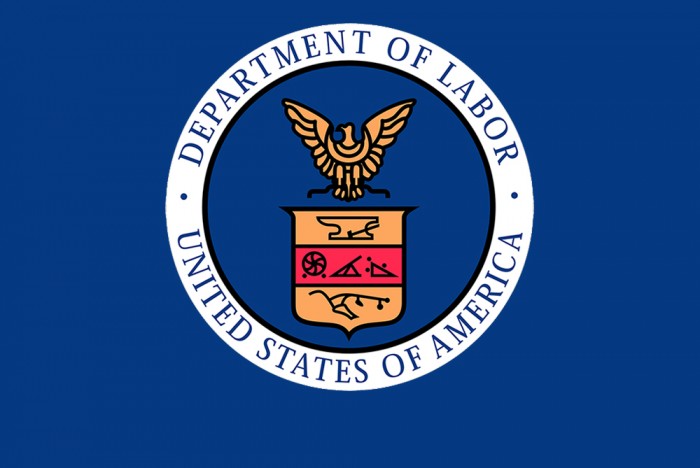Important Reminder to ODP Providers

The Department of Human Services is tracking when vaccines have been administered to individuals and direct support staff in licensed Community Homes and Private ICFs/ID. It is very important that providers use the Vaccine Administration Tracker. This information is essential to implementing the Commonwealth’s vaccine and administration plan and helping ensure that vaccines are being administered as soon as can be accomplished. Completing this form is a major component to stopping the spread of COVID-19 in the Commonwealth.
Please remember to use the Vaccine Administration Tracker when vaccinations are completed at your location. This announcement contains additional information and instructions about the tracker. Thank you for your ongoing cooperation with this critical effort.
Diversity, Equity, & Inclusion Policies: FAQ Document
The RCPA Diversity, Equity, & Inclusion (DEI) Committee created this resource to answer frequently asked questions regarding DEI policy development and refinement. Following a survey of available resources, this compilation was developed as a guide for interested parties and is intended as a springboard to further research with links to additional resources to aid their DEI policy development process. Please send questions or feedback to Cindi Hobbes or Jim Sharp.
State Associations Secure $250K Grant to Advance Equity in Telehealth Care
The Rehabilitation and Community Providers Association (RCPA) and the Pennsylvania Association of Community Health Centers (PACHC) have secured a $250,000 grant as part of a national initiative to cultivate health policy and a care system that is more equitable and better meets the needs of individuals and families. The collaboration will focus on increasing access to care and developing a comprehensive policy framework and health care plan for consumers with the use of telehealth.
The two-year grant to RCPA and PACHC is among six spanning eight states. It was awarded by the Delta Center for a Thriving Safety Net, which brings together primary care associations and behavioral health state associations to advance policy and practice change. The Delta Center project is supported by the National Council for Behavioral Health, the Robert Wood Johnson Foundation, and the National Association of Community Health Centers. Read the full press release here.
PA Could Skip Over COVID Vaccine Phases to Meet May 1 Universal Eligibility Deadline
HCBS At-a-Glance by Level of Community Spread UPDATE
ODP Announcement 20-072 update provides continued guidance to stakeholders about the operation of Office of Developmental Programs (ODP) functions in the context of the Level of Community Spread within a County. The At-A-Glance level of community spread guidance provides updated information.
ANCOR Advocates for CMS Guidance for Use of HCBS Provisions in the American Rescue Plan
Sarah Meek, ANCOR’s Senior Director of Legislative Affairs, appealed to Secretary Xavier Becerra and Acting Administrator Liz Richter “to swiftly issue guidance on the Medicaid Home and Community-Based Services (HCBS) provisions of the recently enacted American Rescue Plan (ARP). Strengthening the Medicaid HCBS program is essential to saving lives in the disability community, which has been particularly hard-hit by the pandemic.”
“States should be urged to closely work with stakeholders, including consumers, providers, and workers, on the investment of funds in a reasonably expediated approach to address the specific needs in their state. States should be encouraged to fund measures that include, but are not limited to, bolstering the direct care workforce, increasing access to and use of technology and remote supports, and promoting the safe provision of services with social distancing and PPE.”
The letter includes additional thoughts regarding recommended uses of the funds to support the administration, quality, and availability of HCBS.
ODP Proposed Fiscal Year 21/22 Budget Presentation
Deputy Secretary Ahrens presented information regarding the Office of Developmental Programs (ODP) proposed budget recommendations for state fiscal year (SFY) 21/22 at the Medical Assistance Advisory Committee (MAAC) meeting on March 25, 2021.
Highlights included:
- The budget for SFY 2021/22 provides $2.23B in state funds for ODP. Including federal participation and augmenting revenues, the total budget for ODP services is $5.04B.
- The budget reflects an increase of $177.3M in state funding, a 7.95% increase from SFY 2020/21.
- $13.9M to provide home and community-based services for an additional 732 individuals on the emergency waiting list during SFY 2021/22 in the Community Living Waiver, and an additional 100 individuals with emergency needs in the Consolidated Waiver. Includes reserve capacity for 20 children with medical complexities in each waiver (begins 3/1/2022).
- $828K in savings associated with a new outcome-based payment for successful residential transitions from 6400 group homes to life-sharing or supported living for up to 20 individuals during SFY 2021/22 (begins 1/1/2022).
The full PowerPoint presentation is available here.
2021 APSE Virtual Conference – Week of June 14, 2021
Resources from Office of Disability Employment Policy
From ANCOR:
March 26, 2021
Pre-employment Transition Services
The Employment First Community of Practice will host a webinar on “Pre-employment Transition Services: Implementation Efforts, Successes and Challenges in Minnesota and Idaho” on April 14 from 3:00-4:00 p.m. ET. This webinar will review the requirements for pre-employment transition services for students with disabilities, including job exploration counseling, work-based learning experiences, counseling on opportunities for enrollment in comprehensive transition or postsecondary educational programs, workplace readiness training, and instruction in self-advocacy. The webinar will share how Minnesota and Idaho are implementing the requirements.
Inclusive Community College Career Pathways: Access
The Center for Advancing Policy on Employment for Youth published a blog on “Inclusive Community College Career Pathways: Access.” The blog discusses how two community colleges increased education access for students with disabilities through an Office of Disability Employment Policy grant program.
PEAT Newsletter
The Partnership on Employment & Accessible Technology released its March 2021 Future of Work Newsletter. It highlights the Office of Disability Employment Policy’s 20th anniversary and PEAT’s conference session at SXSW 2021 on “Disability-Led Innovation in Future Workplaces.” It also links to resources added to PEAT’s “Telework and Accessibility Toolkit.”
Disability-Inclusive Apprenticeships in the States
The National Conference of State Legislatures published a report, “Apprenticeships: A Pipeline for an Inclusive Recovery,” that examines state and federal actions to enhance disability inclusion in apprenticeships. The report explains why inclusive apprenticeships can be an effective workforce development tool to aid economic recovery in the COVID-19 response and highlights resources for creating inclusive apprenticeship programs. The report is the fourth and final in a series developed in collaboration with the State Exchange on Employment & Disability on the opportunities and challenges stemming from the pandemic and its impact on the employment of people with disabilities.
Registered Apprenticeship Technical Assistance Centers of Excellence
The U.S. Department of Labor’s Office of Apprenticeship announced $31 million in funds for Registered Apprenticeship Technical Assistance Centers of Excellence. The Centers of Excellence will support the expansion and modernization of technical assistance to Registered Apprenticeship Programs to accelerate and support their growth and diversity. Funding applications are due April 29, 2021.
——————————
Donna Martin
American Network of Community Options and Resources
Alexandria VA
401-965-9411
——————————
















